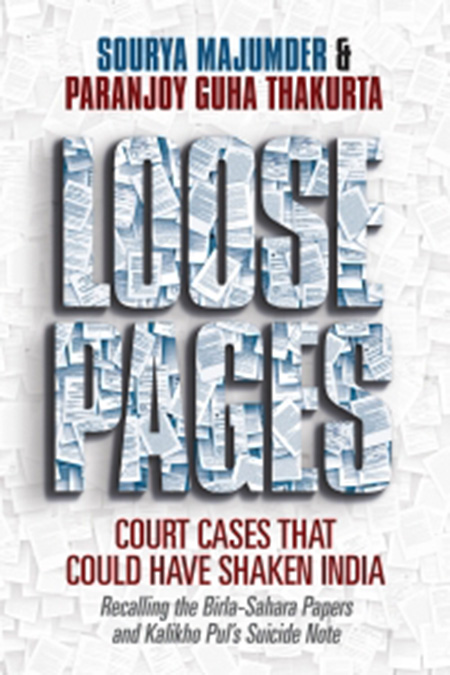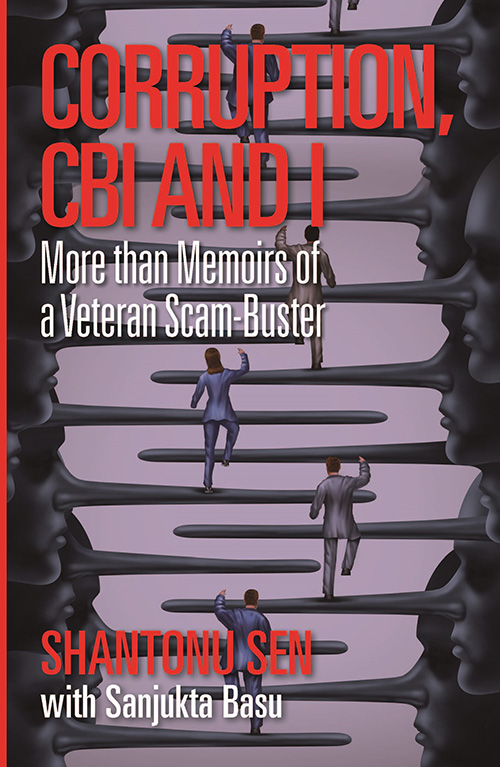The most astonishing aspect of the first year of the Narendra Modi government is how quickly the “honeymoon period” appears to have dissipated and almost disappeared. True, there is no threat whatsoever to the stability of his government. True, many of his critics who were once his ardent supporters are disgruntled. True, those who were expecting “big bang” economic reforms are disappointed with his gradualist approach.
But — and there are many “buts” — wait! There is a certain inevitability about the rapid disillusionment with the ruling regime, which goes beyond the fact that in the run-up to the elections, Mr Modi had raised expectations to such unrealistically high levels that deep disappointment was bound to follow.
Many Modi bhakts are currently cribbing that their God has feet of clay. They ask: Where are the investments, where are the jobs? The government’s apologists are urging the country’s restless youth to be patient: “Achche din aane wale hain (good times are coming).” But the so-called aspirational middle class doesn’t want to wait too long.
In India, power has never been concentrated in the hands of so few individuals since the 1970s, when Indira Gandhi was Prime Minister. But there seems to be a paucity of “talent” in the Bharatiya Janata Party and its ideological fraternity led by the Rashtriya Swayamsevak Sangh, especially individuals that Mr Modi can trust to take forward his agenda.
Hubris, and the stupidity that almost always follows arrogance, comprise another characteristic of the first year of the Bharatiya Janata Party government.
The best example is the manner in which Mr Modi and finance minister Arun Jaitley first issued an ordinance to drastically amend the law relating to land acquisition at the end of 2014 — a classic case of “reforms by stealth”, which the BJP had flayed the Congress for — then re-promulgated it twice over and finally back-tracked by referring it to a parliamentary committee.
The way the government goofed while trying to make it easy for the corporate sector to acquire farmland for factories was truly remarkable. Not only was the timing of the bill/ordinance all wrong since there was considerable rural distress due to unseasonal rains and hailstorms, Mr Modi and Mr Jaitley ended up achieving what many thought would be impossible.
They united traditional political rivals, like the Samajwadi Party and the Bahujan Samaj Party and the Left Front and the Trinamul Congress, besides alienating the BJP’s coalition partners in the National Democratic Alliance as well as sections within the Sangh Parivar.
That’s not all. A new “lease of life” was willy-nilly given to the Congress vice-president Rahul Gandhi who suddenly felt politically rejuvenated after a two-month-long sojourn in some unknown part of the planet.
The Prime Minister and the finance minister surely knew that the BJP and NDA does not have a majority in the Rajya Sabha and are almost certainly not going to have a majority in the Upper House of Parliament in the remaining four years of the government’s term.
What is, therefore, particularly inexplicable is why they thought they would be able to push through the amendments to the land acquisition law. The likely explanation for the government’s actions: excessive self-confidence.
One understands why Yashwant Sinha, Arun Shourie and Madhu Kishwar are far from overjoyed with the present state of affairs. After all, the paeans of praise they sang for the Great Leader of the Second Republic of India, they surely had the right to feel slighted.
Ego clashes are to be expected — the two Aruns are not exactly the best of friends and Ms Kishwar is no admirer of Union minister for human resources development Smriti Irani.
But the problem does not end there. There is a strong feeling that the government failed to leverage extremely fortuitous circumstances — a sharp fall in international prices of crude oil bringing down the inflation rate — and instead frittered away the advantages.
The same foreign institutional investors who were taken in by the promise that the government would end “tax terrorism” found themselves facing demands for payment of a minimum alternate tax (MAT) on their profits, that is, before the finance ministry did a neat somersault and “clarified” that earnings of firms routed through tax havens like Singapore and Mauritius would be exempt from MAT. Not surprisingly, the enthusiasm of many FIIs appears to have waned somewhat.
To be fair, in comparison to his predecessor, Mr Modi has brought considerable energy to his post and drive in his demeanour even if he has focused a great deal on foreign policy and building his image as a “world leader”. This was particularly important for him since he was denied an American visa.
During the election campaign, Mr Modi successfully sold the “Gujarat model of development” to many voters. Many in Uttar Pradesh and Bihar thought Gujarat was akin to the United States.
But by merely inducting bureaucrats from his home state, Mr Modi will not be able to transform the government machinery to make it more responsive to the aspirations of those who voted him to power — and those who didn’t, comprising roughly two-thirds of the electorate.
The government has been obsessively trying to meet targets but not adequately focused on improving the quality of governance. Two examples: over half the new bank accounts opened under Jan Dhan Yojana still have no money in them; and toilets for women under the Swachch Bharat programme will not be used unless these are clean and usable.
Mr Modi’s followers say he is a doer, a technocrat who prides himself on his ability to make the country’s decrepit administration work. Over the past year, no instances of big-ticket corruption have occurred.
It is all very fine to say “minimum government, maximum governance”. But Mr Modi knows that there is no alternative to the government spending more to improve India’s physical creaking infrastructure. And the country’s banks need large infusions of public funds.
The Prime Minister’s supporters say he is willing to learn from his mistakes — that he has begun reaching out to his political adversaries. (He recently shared a platform with West Bengal chief minister Mamata Banerjee.)
To what extent will he change over the next four years, assuming he believes he needs to change? Or will it be more of the same?


